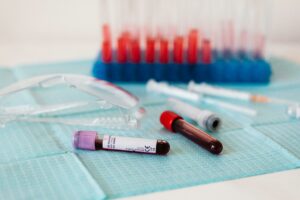Learn 5 Warning Signs of Teen Drug and Alcohol Abuse

Parenting is a fantastic stage of life because you get to see your child develop and learn. But it can also be the most difficult period of your life, particularly during puberty and adolescence.

It’s natural for our children to seek greater freedom and eventually leave the nest, but sometimes the indications we interpret as standard adolescent angst are more than that. Sometimes our teenagers scream out for help in ways we are unaware of.
Teenagers all throughout the world struggle to cope with aspects of life that are new to them: mature emotions, bodily changes, and increased responsibility. If left uncontrolled, this can lead to behavioral issues or even more risky activities such as substance misuse. The following are five warning indicators that your teen is drinking or abusing drugs.
1. Shy Behavior and Social Withdrawal
When children and teenagers begin to experience the complex emotional, mental, and physical changes that accompany approaching adulthood, one of the key indicators is a withdrawal from communication or unexpected detachment from others. That’s understandable: how can you express something you don’t fully comprehend?
Yet, it is critical not to dismiss these indicators as “just a teen thing,” since you may be neglecting vital signs of a developing addiction. If your child suddenly refuses to let you enter their room or avoids questioning about their whereabouts, it’s a solid clue that something is wrong.
Sneaking out, missing curfews, and other unusual behaviors intended to conceal their conduct are also clear indicators that it’s time to interfere. While you don’t want to push or prod for fear of exacerbating the problem, you also can’t ignore your parental instincts. Be firm in your intention but gentle in your delivery; you want your child to know you love and understand them, not to see you as a judge.
2. Changes in Their Social Circle
Are you familiar with your child’s friends? If you don’t know them, you should: they are the second most influential relationships your child has outside of his or her family.


